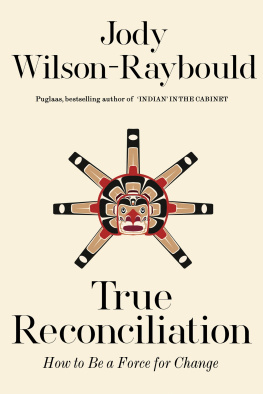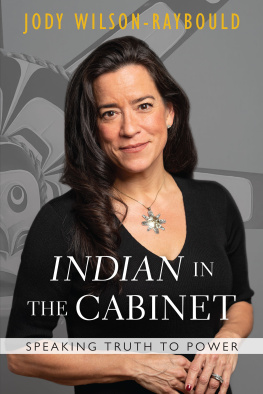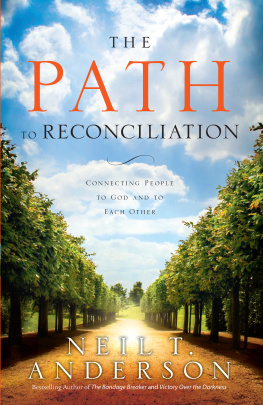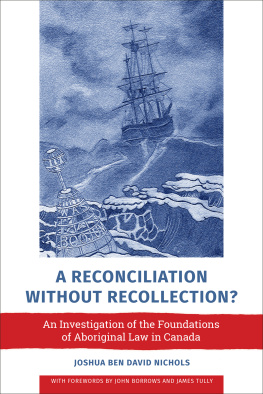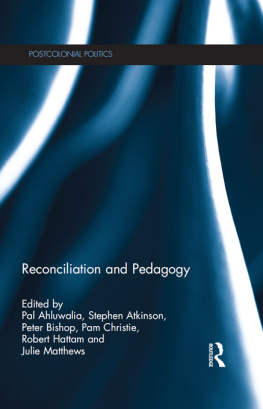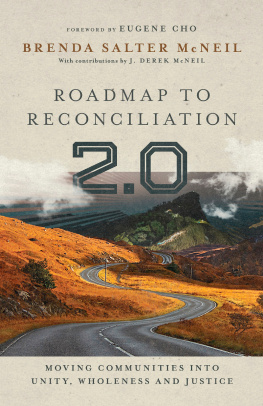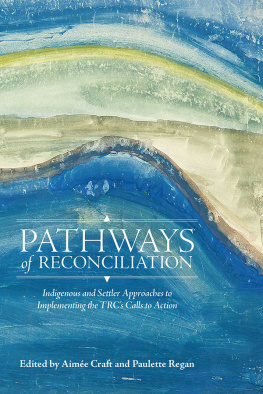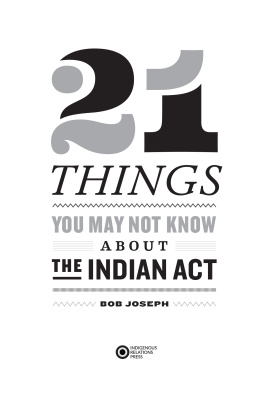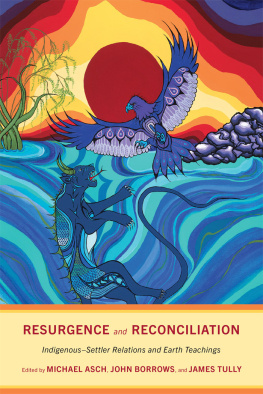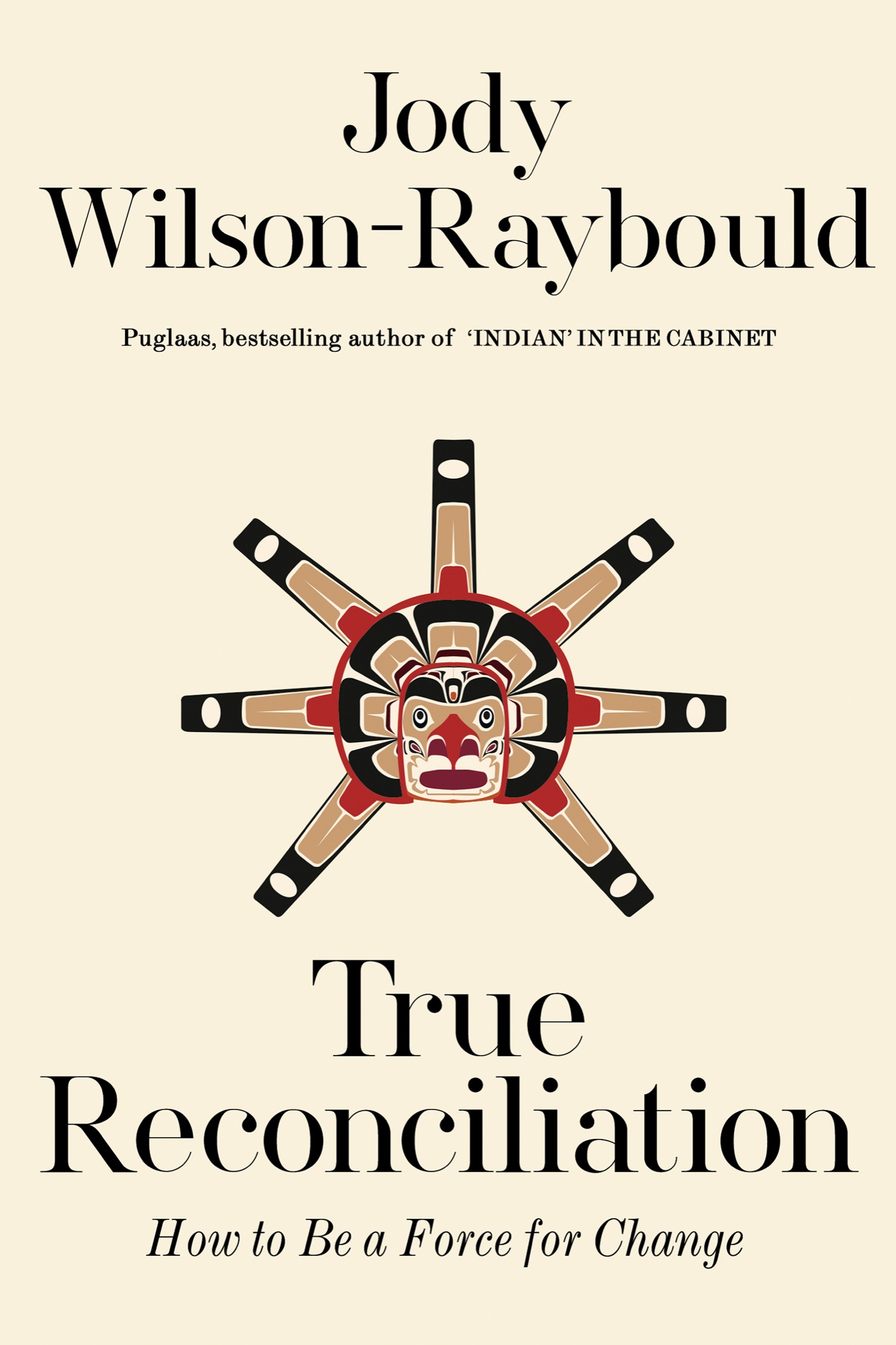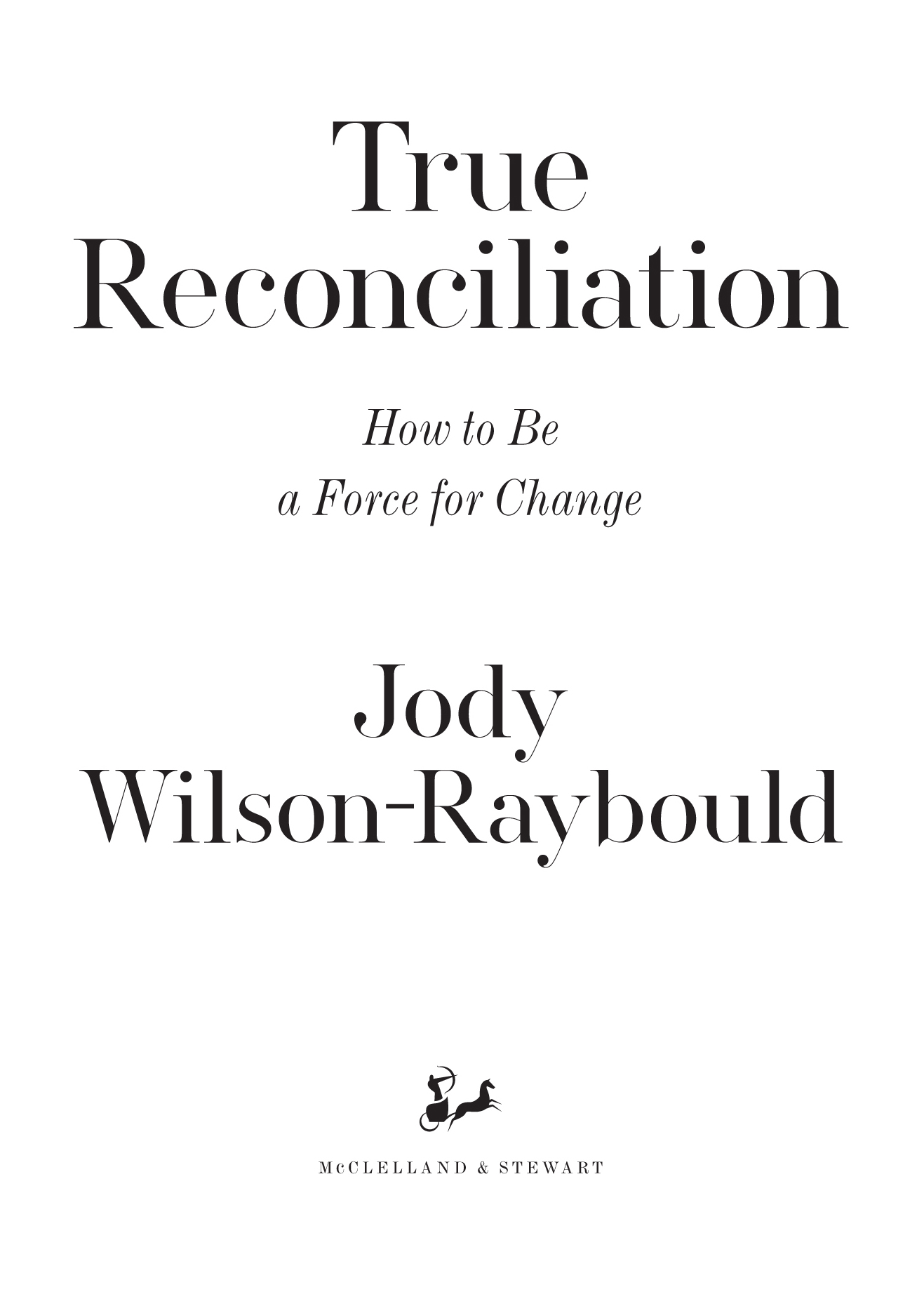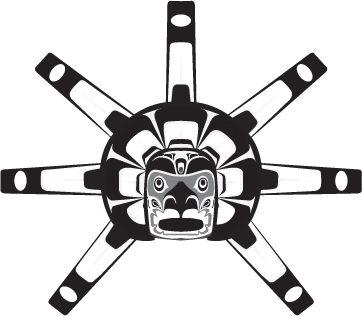Jody Wilson-Raybould - True Reconciliation: How to Be a Force for Change
Here you can read online Jody Wilson-Raybould - True Reconciliation: How to Be a Force for Change full text of the book (entire story) in english for free. Download pdf and epub, get meaning, cover and reviews about this ebook. year: 2022, publisher: McClelland & Stewart, genre: Politics. Description of the work, (preface) as well as reviews are available. Best literature library LitArk.com created for fans of good reading and offers a wide selection of genres:
Romance novel
Science fiction
Adventure
Detective
Science
History
Home and family
Prose
Art
Politics
Computer
Non-fiction
Religion
Business
Children
Humor
Choose a favorite category and find really read worthwhile books. Enjoy immersion in the world of imagination, feel the emotions of the characters or learn something new for yourself, make an fascinating discovery.
- Book:True Reconciliation: How to Be a Force for Change
- Author:
- Publisher:McClelland & Stewart
- Genre:
- Year:2022
- Rating:3 / 5
- Favourites:Add to favourites
- Your mark:
True Reconciliation: How to Be a Force for Change: summary, description and annotation
We offer to read an annotation, description, summary or preface (depends on what the author of the book "True Reconciliation: How to Be a Force for Change" wrote himself). If you haven't found the necessary information about the book — write in the comments, we will try to find it.
From the #1 bestselling author of Indian in the Cabinet, a groundbreaking and accessible roadmap to advancing true reconciliation across Canada.
There is one question Canadians have asked Jody Wilson-Raybould more than any other: What can I do to help advance reconciliation? It is clear that people from all over the country want to take concrete and tangible action that will make real change. We just need to know how to get started. This book provides that next step. For Wilson-Raybould, what individuals and organizations need to do to advance true reconciliation is self-evident, accessible, and achievable. True Reconciliation is broken down into three core practicesLearn, Understand, and Actthat can be applied by individuals, communities, organizations, and governments.
The practices are based not only on the historical and contemporary experience of Indigenous peoples in their relentless efforts to effect transformative change and decolonization, but also on the deep understanding and expertise about what has been effective in the past, what we are doing right, and wrong, today, and what our collective future requires. Fundamental to a shared way of thinking is an understanding of the Indigenous experience throughout the story of Canada. In a manner that reflects how work is done in the Big House, True Reconciliation features an oral history of these lands, told through Indigenous and non-Indigenous voices from our past and present.
The ultimate and attainable goal of True Reconciliation is to break down the silos weve created that prevent meaningful change, to be empowered to increasingly act as inbetweeners, and to take full advantage of this moment in our history to positively transform the country into a place we can all be proud of.
Jody Wilson-Raybould: author's other books
Who wrote True Reconciliation: How to Be a Force for Change? Find out the surname, the name of the author of the book and a list of all author's works by series.

